af Sujeidy Suje 4 år siden
340
Los principales caminos que llevan a la corrupción en Guatemala
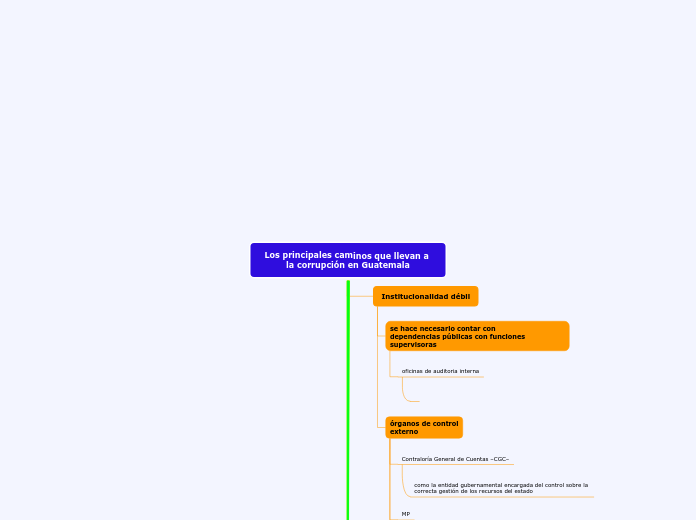
af Sujeidy Suje 4 år siden
340

Mere som dette
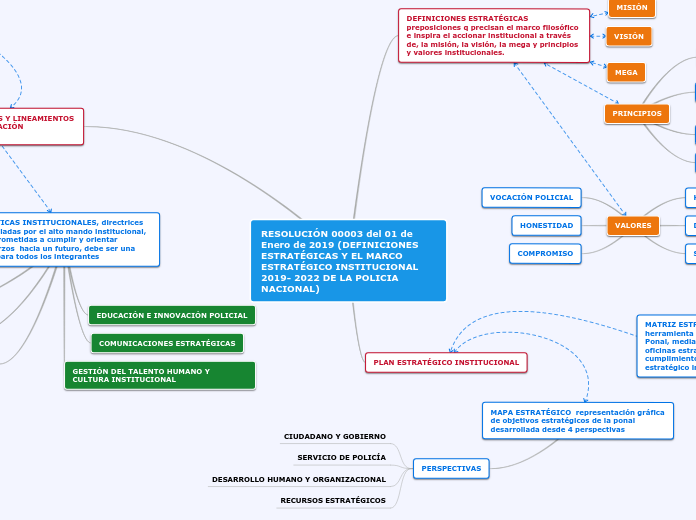

af DIEGO ALEJANDRO GIRALDO SOTO
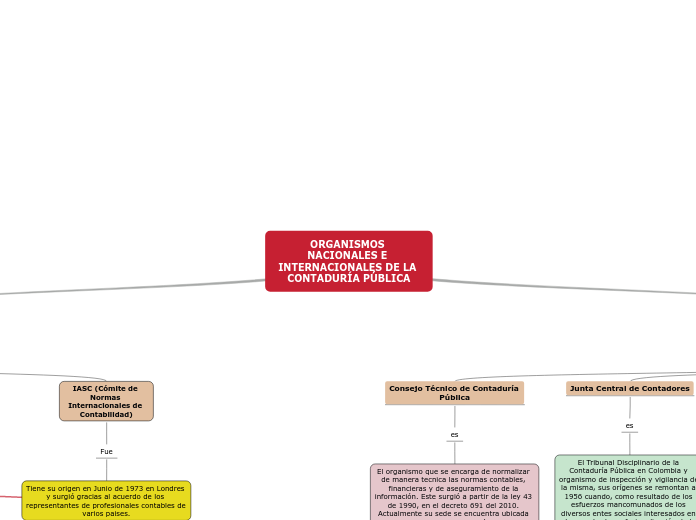

af LAURA CAMILA SANCHEZ CORTES
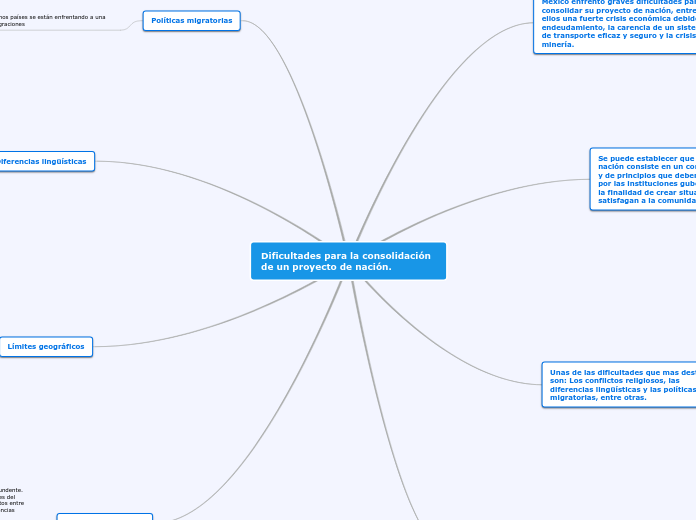

af Juan Carlos Chavez Lara
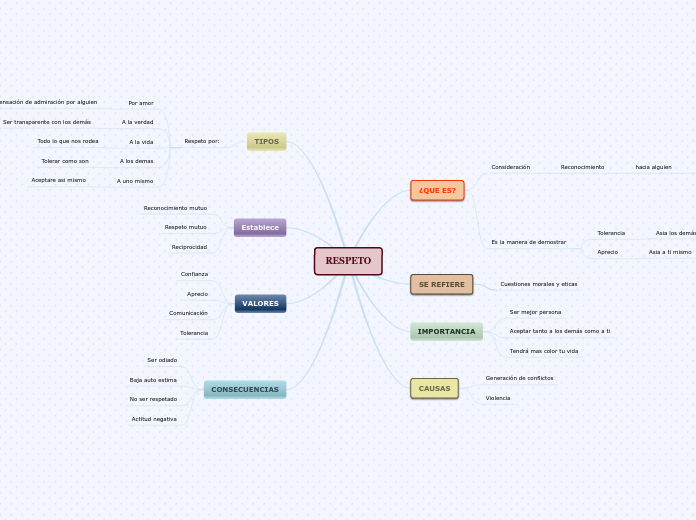

af maria rubiano
In linguistics, syntax is the set of rules, principles, and processes that govern the structure of sentences in a given language, usually including word order.
A compound sentence is a sentence that has at least two independent clauses joined by a comma, semicolon or conjunction. An independent clause is a clause that has a subject and verb and forms a complete thought.
A complex sentence is a sentence that contains an independent clause and one or more dependent clauses.
An independent clause can stand alone as a sentence, but a dependent clause even though it has a subject and a verb cannot stand alone.
A predicative clause may be introduced by conjunctions - that, whether, whether... or, as, as if, as though, because, lest, the way - or connectives.
The latter may be conjunctive pronouns - who, whoever, what, whatever, which - or conjunctive adverbs - where, wherever, when, whenever, how, why.
The object clause is a phrase on which a verb performs an action. It falls at the end of a sentence, and is governed by a verb or a preposition.
The predicate of a sentence is the part that modifies the subject in some way. Because the subject is the person, place, or thing that a sentence is about, the predicate must contain a verb explaining what the subject does and can also include a modifier.
de manera que el MP se debe adecuar al ritmo de trabajo que dichas dependencias asumen.
como titular de la acción penal y entidad responsable de llevar a cabo las investigaciones de los delitos económicos
como la entidad gubernamental encargada del control sobre la correcta gestión de los recursos del estado
The subject of a sentence is the person, place, thing, or idea that is doing or being something. You can find the subject of a sentence if you can find the verb.
Ask the question, 'Who or what 'verbs' or 'verbed'?' and the answer to that question is the subject.